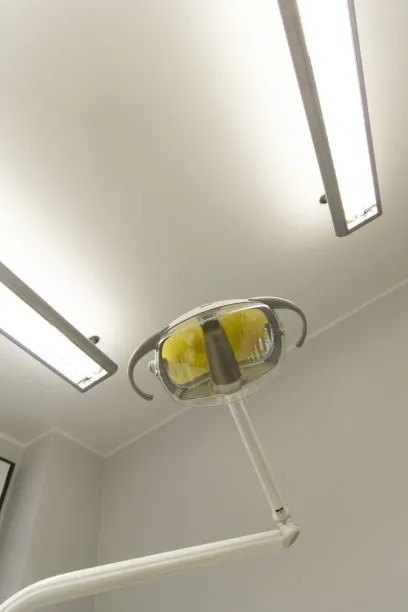Understanding the Process and Importance of Extracting a Tooth for Oral Health and Dental Well-being
Summary: Extracting a tooth can often be a daunting prospect for many individuals, yet it plays an essential role in maintaining oral health. This article delves into the process of tooth extraction, which is not only a means to alleviate pain and infections but also contributes significantly to the overall dental well-being of an individual. By exploring the reasons behind tooth extraction, the steps involved in the process, the aftercare needed, and the implications for long-term oral health, we aim to provide a comprehensive understanding of why tooth extraction may sometimes be necessary. Ultimately, informed decisions about tooth extraction can lead to better dental outcomes and a healthier mouth.
1. Reasons for Tooth Extraction

Tooth extraction can be necessary for a variety of reasons, the most common being severe tooth decay. When a cavity penetrates deep into the tooth, it can lead to an infection that puts the surrounding teeth and gums at risk. Additionally, advanced gum disease can erode the support for the tooth, making extraction a wise decision to stop further complications.
Another significant reason for tooth extraction is overcrowding. In certain cases, there may not be enough space in the mouth for all the teeth, which can lead to misalignment. Orthodontists often recommend extraction before braces to create enough room for the remaining teeth to move into their appropriate positions.
Finally, wisdom teeth extraction is commonplace, especially in young adults. As these teeth often emerge during late adolescence, they may become impacted due to a lack of space, leading to pain, infection, or damage to neighboring teeth. Extraction, in this case, is highly encouraged to ensure oral health and comfort.
2. The Tooth Extraction Process
The process of tooth extraction typically begins with a consultation and assessment by a dentist or oral surgeon. During this initial visit, they will evaluate the tooth and surrounding area through visual examinations and X-rays. After informed consent is obtained, they will explain the procedure and the type of anesthesia that will be used to minimize pain.
Once the patient is comfortable, the extraction process begins. For a simple extraction, the dentist uses specialized tools to loosen the tooth and gently remove it from its socket. In cases where the tooth is impacted or broken, a surgical extraction may be necessary, which may involve incisions in the gums to access the tooth.
Throughout the procedure, the patient’s comfort is a top priority. Sedation and local anesthesia relieve discomfort, ensuring that the extraction can be performed safely and effectively. Post-extraction, the dentist will provide detailed aftercare instructions to aid in recovery.
3. Aftercare for Tooth Extraction
Post-extraction care is crucial for preventing complications such as infections and ensuring a smooth recovery. The initial hours after the extraction require resting and limiting physical activity. Patients are often advised to apply pressure with gauze to stop any bleeding that may occur.
Following the initial recovery period, it’s essential to maintain oral hygiene while being cautious around the extraction site. Gentle rinsing with warm salt water can help reduce the risk of infection. Over-the-counter pain relievers are typically recommended to manage discomfort.
Patients should also pay attention to any unusual symptoms such as severe pain or prolonged bleeding, as these could indicate complications. Keeping follow-up appointments with the dentist ensures that the healing process is on track and allows any concerns to be addressed promptly.
4. Implications for Long-term Oral Health
Tooth extraction, while sometimes seen as a last resort, can lead to favorable long-term outcomes for oral health. By removing problematic teeth, patients can prevent infections and other serious dental issues. Improved oral hygiene can result from having fewer teeth to manage, reducing the risk of cavities and gum disease in the long run.
Moreover, when extractions are performed to alleviate overcrowding, it often leads to a more aesthetically pleasing smile and proper alignment of the remaining teeth. This can enhance not only oral health but also self-esteem, contributing to a patient’s overall well-being.
Finally, the long-term benefits may include enhanced functionality of the mouth. A well-aligned set of teeth allows for better chewing and speaking, fostering a more enjoyable and healthier lifestyle. Regular dental check-ups following an extraction will help maintain these benefits.
Summary: Understanding the process and importance of tooth extraction sheds light on how this essential procedure can benefit oral health. From mitigating decay and misalignment to improving long-term wellness, careful consideration around extraction decisions can have significant implications for dental well-being. To ensure the best outcomes, communication with dental professionals and adherence to post-extraction care are vital steps for patients.
This article is compiled by Vickong Dental and the content is for reference only.



